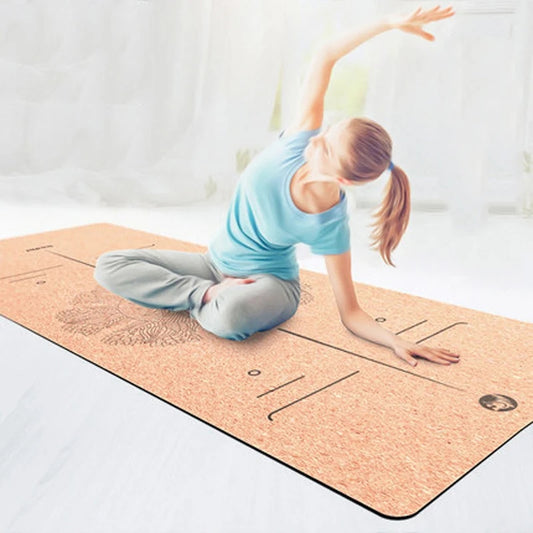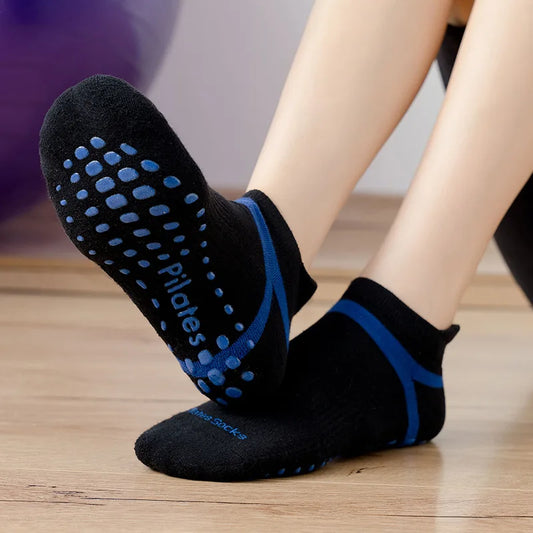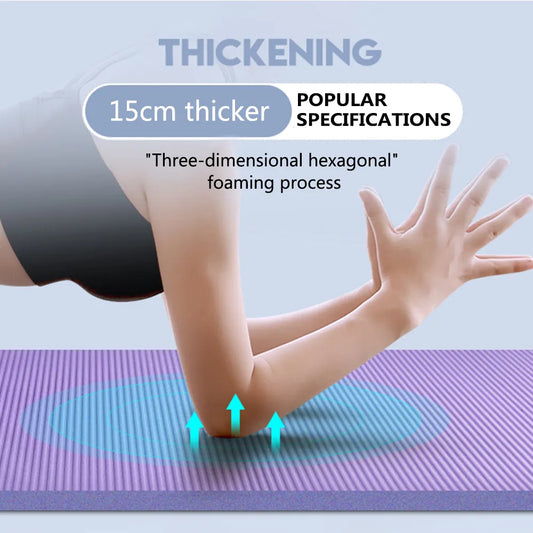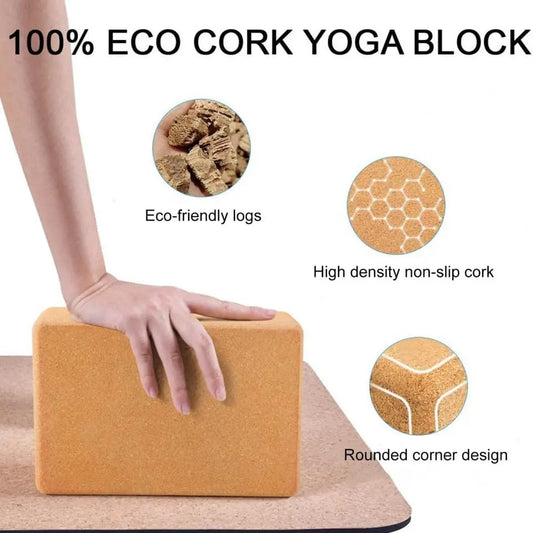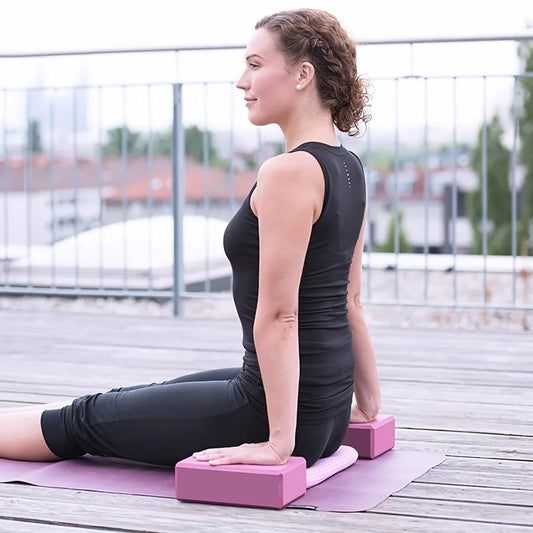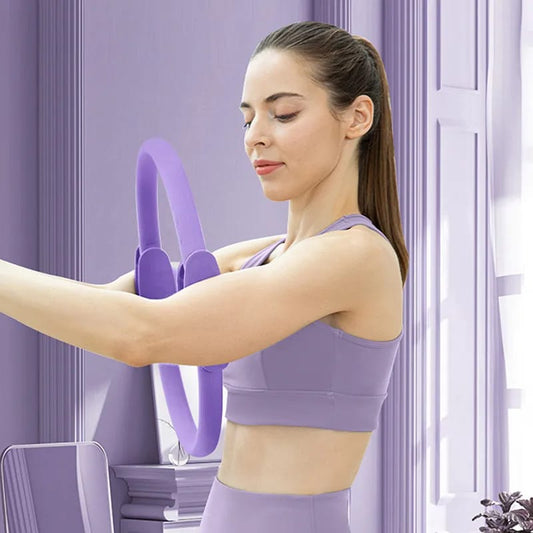Pregnancy Pilates
Pilates can be a safe and effective form of exercise during pregnancy, provided it's done under the guidance of a qualified instructor and with modifications to accommodate the changing needs of the body. Pregnancy Pilates focuses on strengthening the core, improving posture, enhancing flexibility, and promoting overall well-being during pregnancy. Here are some key considerations and benefits of Pregnancy Pilates:
-
Core Strengthening: Pregnancy Pilates emphasizes strengthening the deep abdominal muscles, pelvic floor muscles, and back muscles to support the growing uterus, maintain spinal alignment, and alleviate back pain commonly experienced during pregnancy.
-
Pelvic Floor Health: Pilates exercises focus on engaging and strengthening the pelvic floor muscles, which play a crucial role in supporting the bladder, uterus, and bowel. Strengthening the pelvic floor can help prevent urinary incontinence and pelvic floor dysfunction both during and after pregnancy.
-
Postural Alignment: Pregnancy Pilates emphasizes proper alignment and posture to reduce strain on the spine and pelvis, alleviate discomfort, and promote optimal fetal positioning. Exercises that target postural muscles help counteract the effects of pregnancy-related changes in posture and weight distribution.
-
Flexibility and Mobility: Pilates exercises incorporate gentle stretching and range of motion exercises to improve flexibility, joint mobility, and circulation. Enhanced flexibility can help alleviate muscle tension, reduce the risk of muscle cramps, and promote relaxation during pregnancy.
-
Mind-Body Connection: Pregnancy Pilates emphasizes the mind-body connection and mindful movement, encouraging women to connect with their bodies, breath, and baby. Practicing mindfulness and relaxation techniques during Pilates sessions can help reduce stress, anxiety, and tension, promoting a sense of calm and well-being during pregnancy.
-
Preparation for Labor and Delivery: Pilates exercises focus on strengthening the muscles used during labor and delivery, such as the pelvic floor, deep abdominals, and hip muscles. Improved strength, endurance, and flexibility can help pregnant women prepare physically and mentally for childbirth and facilitate a smoother labor and delivery process.
-
Safe and Low-Impact: Pilates is a low-impact form of exercise that can be modified to suit individual fitness levels and pregnancy-related considerations. Pilates exercises are gentle on the joints and can be adapted to accommodate the changing needs and limitations of pregnancy, making it a safe and effective option for prenatal fitness.
Before starting a Pregnancy Pilates program, it's important to consult with your healthcare provider to ensure that Pilates is safe for you and your baby, especially if you have any pre-existing medical conditions or pregnancy complications. Additionally, it's essential to work with a qualified Pilates instructor who has experience and training in prenatal exercise to ensure that exercises are modified appropriately and performed safely throughout pregnancy.
Pregnancy Pilates can offer numerous benefits for expectant mothers, including improved strength, flexibility, posture, and overall well-being. By incorporating Pilates into their prenatal fitness routine, women can stay active, healthy, and prepared for the physical demands of pregnancy, labor, and motherhood.








